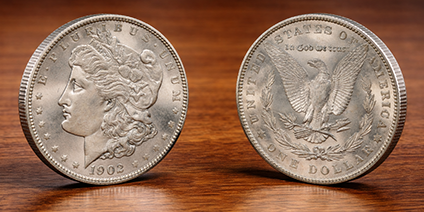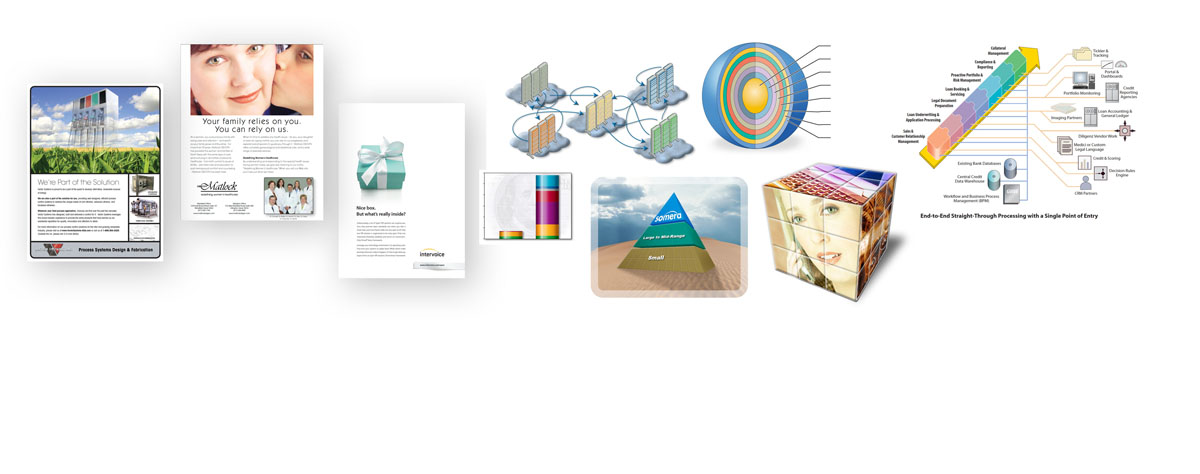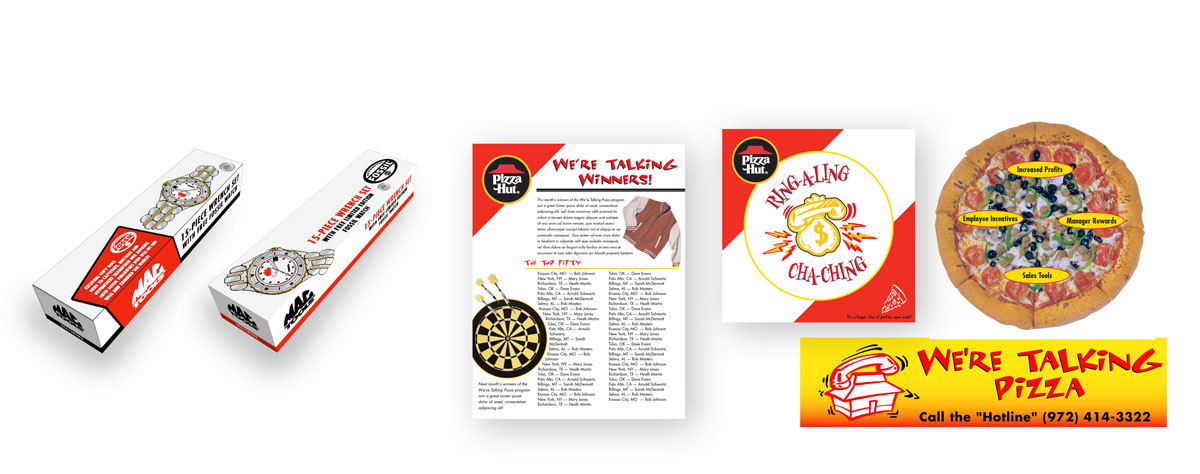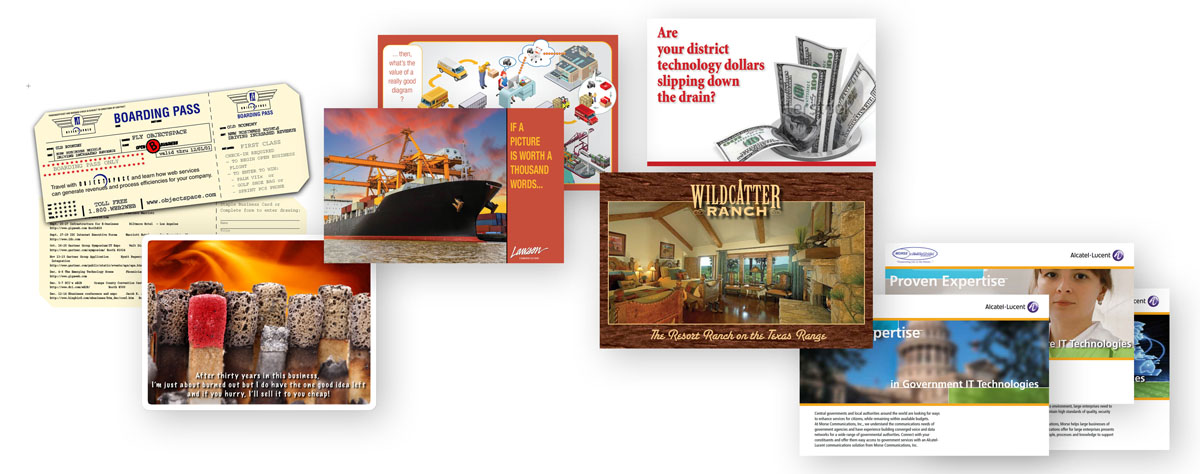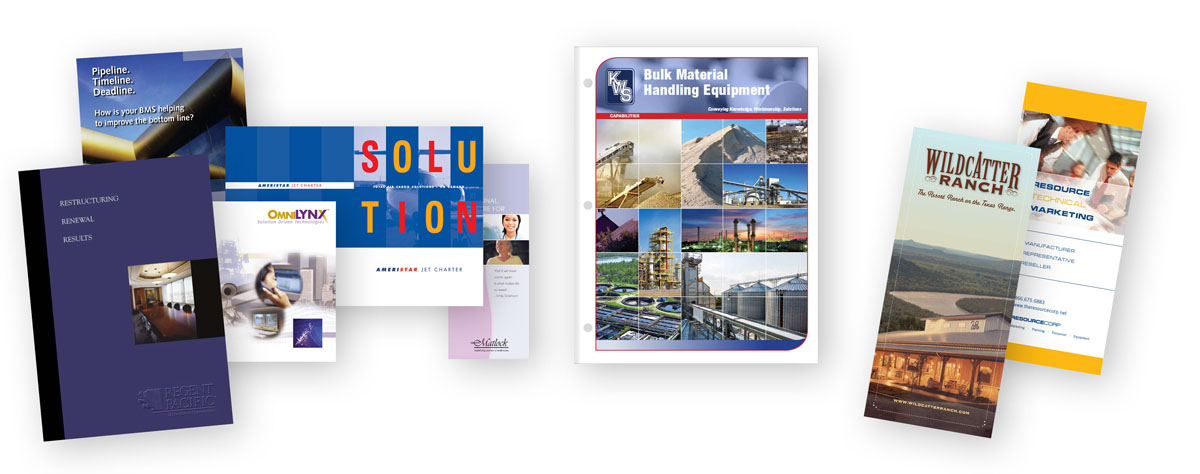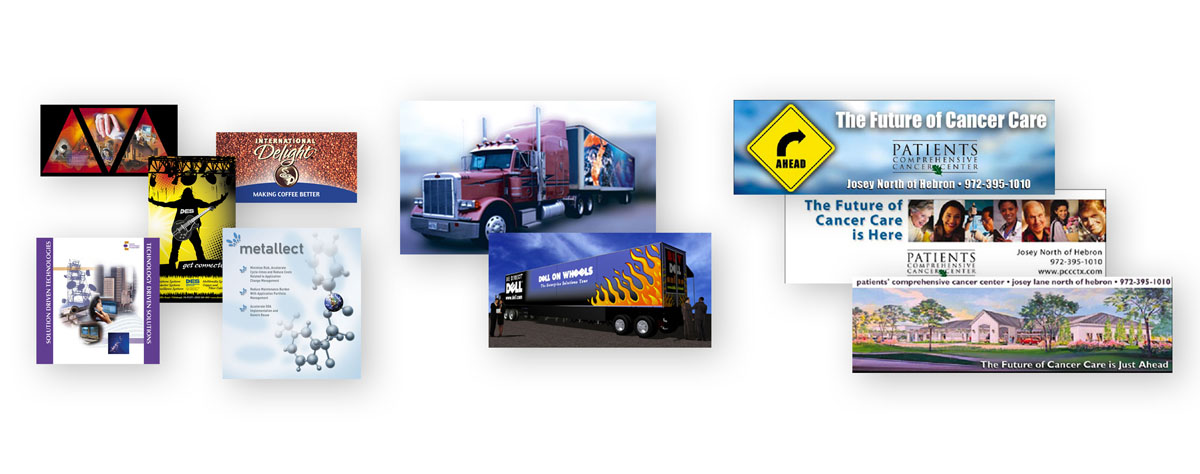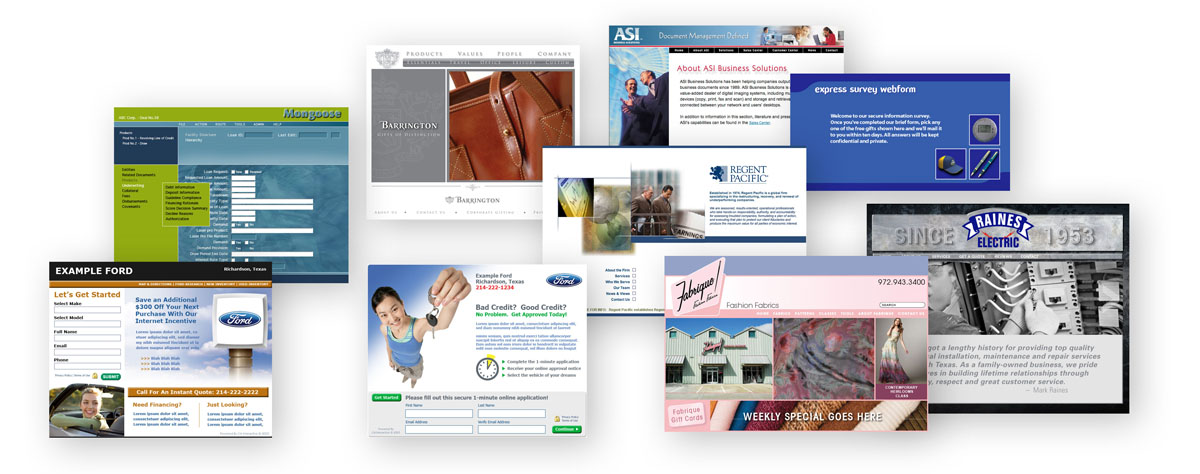Emotions, Enabling, and False Guilt
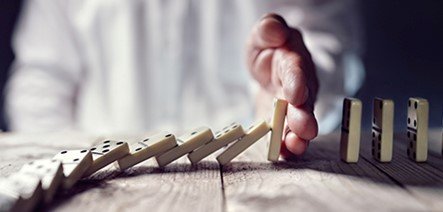
Emotions, Enabling, and False Guilt
Friday night I received an email from the eager young man Hope Clinic had engaged as a marketing intern. His relationship with Hope was based on mutual need – their need for free help and his need for relevant experience to complete his marketing degree. He would work ten hours a week for sixteen weeks.
Five weeks ago, I went over the intern’s calendar with Hope’s executive director, Jenny Williams. Their intern was already committed to thirty hours a week in class and workshops, not to mention the out-of-class study time required. Add to this his media-enhanced fear of contracting COVID, and there was no way he would be spending ten hours a week at a community clinic.
As an alternative, Jenny and I created three projects which the young man could complete on his own — a written marketing plan, a list of potential new donors, and last, taking over Hope’s email marketing. To get the ball rolling, I provided an outline for the marketing plan. He just needed to review it with his professor and add content under each outline subhead.
Last Wednesday, Jenny expressed concern over the lack of progress. We engaged the young man in a conference call where the three of us concluded there simply wasn’t enough time left in the semester for him to complete the projects. Hence, the Friday night email in which he stated, “I sincerely apologize for the inconvenience, but I would also like to thank you both for allowing me to work with you guys over the past month. UTD apologizes and would like me to let you know that they will try to send a more fit student in the future.”
What’s wrong with this picture?
First and foremost, nobody owes anybody an apology! The failure was a result of bad decisions made by ALL parties. If we were all being honest with each other, why should anyone apologize for a plan that simply didn’t work? Going back a bit further, it’s now obvious that I should never have enabled the intern by providing my existing marketing outline. If he’d been forced to do ALL of what he was engaged to do, he might have realized the futility of the situation earlier. Taking an additional step back in recent history, it should have been obvious from the beginning that this young man didn’t have enough time to commit to such an endeavor. Hope’s desperate need for “free” help trumped all common sense and allowed emotion to outweigh rational decision making.
So, what decisions are members of this group making based on our emotional desires rather than analytical business planning? For that matter, what decisions are we making in our personal lives based on emotion rather than rational thinking? And, who are we enabling to make equally rash decisions? Most important, how do we put a stop to the nonsense?
“When you want to help people, you tell them the truth. When you want to help yourself, you tell them what they want to hear.”
— Thomas Sowell


